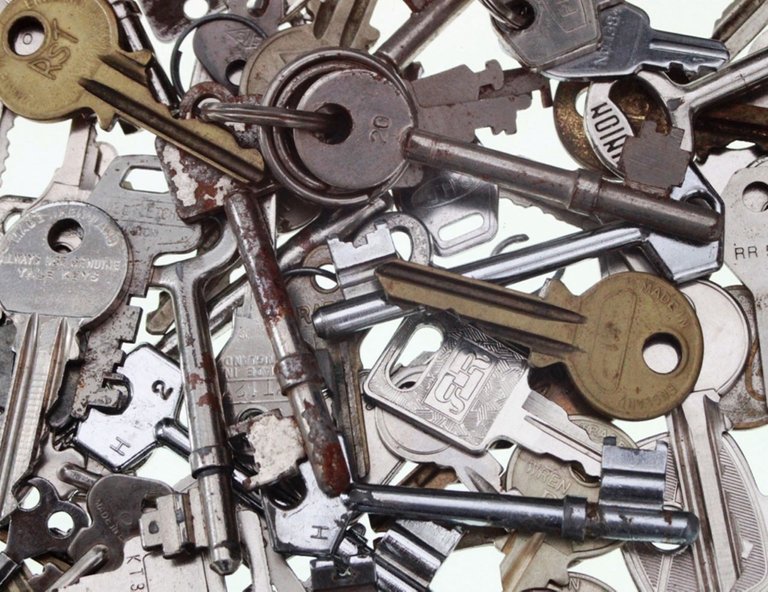Someone told you about bitcoin. They told you about the price boom. They used the word “disrupt”. They showed you how to install a wallet on your phone and how to get some. This article is about what they didn’t tell you or at least didn’t emphasize enough.
They probably didn’t tell you about how different a bitcoin address is to a bank account. You see, in bitcoin you’re responsible. For everything. In contrast to a bank there are few or no laws to protecting your bitcoin and your wallet provider is not to be trusted. What you can trust is the protocol. The code will do what it’s been programmed to do. So, do you need to review the entire core code yourself? Probably not. There are safe ways of storing your bitcoin which require very little technical skill. The basic rule of thumb is “your keys — your bitcoin. Not your keys — not your bitcoin”. A secure paper wallet can easily be set up by visiting a site like bitaddress.org, generating and printing an address offline and erasing your browser’s cache memory before going online again. Or you could buy a hardware wallet.
So, what will happen on Aug 1st 2017?
Well the basic story is that a majority of the bitcoin nodes will try to force the miners to implement a protocol upgrade proposal called BIP148. They will try to do this to end the stalemate between the various parties in the block size debate which has stalled the evolution of bitcoin over the last year or so. Transaction fees are very high right now because of this. This may play out in a couple of different ways but basically your main concern should be a possible chain split after a fork. A chain split will result in two different tokens. This happened to Ethereum last year and it has happened to other cryptocurrencies too.
If you don’t control your keys during a chain split three main things may happen:
- Your bitcoin balance will stay the same and you will be able to use that bitcoin token as usual.
- Your bitcoin balance will be zero over night since your wallet chose the wrong chain
- Your wallet provider will offer you a chance to keep your token balance on both chains or to choose one of them
If you do control your keys you will have the same balance on both chains and you will be able to trade one for the other, effectively increasing your total bitcoin balance. In the case of a chain split there’s a big chance that bitcoin will lose its value however. Either way, you’re better off knowing what you’re doing and in bitcoin there’s no way of faking that. Now go on and educate yourself! Google BIP148, Segregated Witness, cold storage, soft forks and hard forks! It’s your donkey that’s on the line!
Not indicating that the content you copy/paste is not your original work could be seen as plagiarism.
Some tips to share content and add value:
Repeated plagiarized posts are considered spam. Spam is discouraged by the community, and may result in action from the cheetah bot.
Creative Commons: If you are posting content under a Creative Commons license, please attribute and link according to the specific license. If you are posting content under CC0 or Public Domain please consider noting that at the end of your post.
If you are actually the original author, please do reply to let us know!
Thank You!
Hi! I am a robot. I just upvoted you! I found similar content that readers might be interested in:
https://hackernoon.com/casual-bitcoin-users-you-need-to-know-about-aug-1st-d568e07418cb